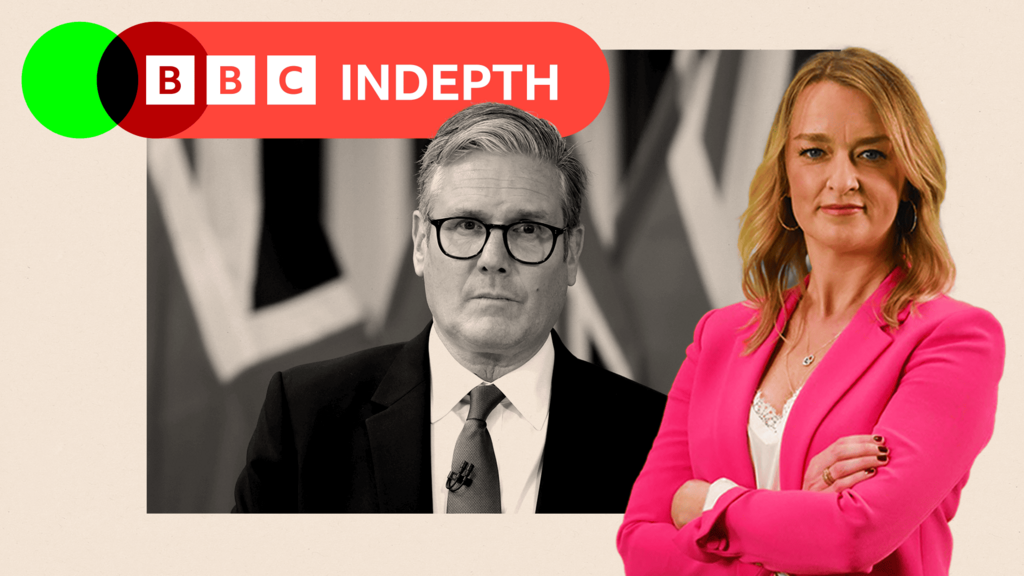“If this is true, all our troubles are over,” William Knox D’Arcy, a British businessman facing financial ruin, reportedly exclaimed upon receiving a telegram from Persia 113 years ago. Oil had been discovered, ending years of fruitless exploration under D’Arcy’s concession.
This discovery marked a second fortune for D’Arcy, following his Australian gold mining success. For Britain, Persia (later Iran), and the world, it irrevocably intertwined the Middle East’s economic and political fate with the West.
While D’Arcy’s financial woes ended, regional instability persisted. This weekend, amidst government preparations for their upcoming industrial strategy, two critical questions loom large: the evolving situation in a volatile region, and Britain’s role therein.
A Whitehall source emphasizes the UK’s significant stake in the conflict’s outcome. This involvement is deeply rooted in history, encompassing Britain’s financial gains from early oil discoveries, participation in the 1922 coup, joint WWII operations with Russia, the 1953 coup, and support for the Shah until his 1979 ouster. View archival footage of the Shah’s departure here.
A former senior minister notes Britain’s extensive historical engagement with Iran. More recently, successive governments have expressed deep concern over Iran’s nuclear ambitions, despite past diplomatic efforts, such as those spearheaded by former Foreign Secretary Jack Straw, to prevent nuclear proliferation. However, anxieties remain regarding Iranian actions within the UK itself.
Seven men were arrested yesterday on suspicion of grievous bodily harm following an altercation outside the Iranian embassy, allegedly between rival protesters. Last month, three individuals were charged with plotting violence against UK-based journalists, allegedly acting as Iranian spies. MI5’s director-general reported responding to twenty Iran-backed plots since 2022, posing considerable threats to national security.
A source within an Iranian opposition group warns of a widespread network in the UK promoting terrorism and extremism, asserting that such activities would never be tolerated from Russia.
Currently, the government’s public stance focuses on diplomacy. A recent proposal by US President Donald Trump to potentially assist Israel in targeting Iran’s nuclear facilities triggered a flurry of activity in Whitehall, including a diplomatic visit to Washington by Foreign Secretary David Lammy and an emergency Cobra meeting. However, Trump’s subsequent decision to postpone the decision for two weeks has eased immediate tensions.
Following discussions with US officials, Lammy expressed some cautious optimism regarding the potential for diplomacy, despite the persistent threat of US military involvement. Notably, significant divisions exist within the Trump administration concerning potential assistance to Israel. Further diplomatic efforts occurred in Geneva, where Lammy and other European counterparts met with the Iranian foreign minister. While no immediate agreements were reached, a willingness to engage in further dialogue was established. However, the efficacy of this diplomatic approach is questioned by some.
One senior figure deemed European involvement largely irrelevant, a sentiment echoed by President Trump, who stated Iran prefers direct engagement with the US. Others describe the diplomatic efforts as a temporary fix, highlighting Israel’s determination to alter the regional status quo and prevent Iran from acquiring nuclear weapons. A former senior official highlighted Israel’s sense of urgency in addressing the situation, viewing it as a decisive moment.
Another security source suggested that adopting a preachy European stance would be unproductive, advocating instead for alignment with American interests. While aligning with the US is often a strategic choice for British prime ministers, a Labour prime minister supporting a Trump-led military strike against Iran presents unique political challenges.
Practical and legal concerns also arise. A former diplomat expressed skepticism about a military strike’s effectiveness. Another source criticized the UK’s lack of a comprehensive Iran strategy, arguing that its perspective is often filtered through the lens of Israeli or Gazan concerns. The potential consequences of US military action, particularly if Iran retaliates, remain a major consideration.
The legal justifications for any UK involvement, whether through base access or logistical support, would require thorough scrutiny, especially given the ongoing political debate surrounding the release of legal advice. The interpretation of international law often remains flexible, leading to potential political maneuvering. The current political climate adds another layer of complexity.
The Labour party grapples with the legacy of the Iraq War, making support for military action a sensitive issue. Moreover, any perceived support for Israeli military action risks alienating segments of the electorate. This is further complicated by the situation in Gaza, potentially creating additional political challenges for the Labour party.
Sign up for the Off Air with Laura K newsletter for weekly insights and analysis from Laura Kuenssberg.
While addressing the plight of Gazans differs from opposing Israeli or American action against Iran, these issues can become intertwined, fueling internal party debate. A former senior minister emphasized the desirability of avoiding direct British involvement in any US military action, but conceded that compliance with a White House request would likely be unavoidable.
The prospect of Sir Keir Starmer refusing US support to prevent Iran from acquiring nuclear weapons, or becoming involved in a Middle Eastern conflict, poses significant political questions. While the White House has currently paused its decision-making, the potential for US-Israeli military action remains a distinct possibility.
The UK’s substantial interests in the Middle East’s security, encompassing oil, trade, intelligence, and military bases, ensure that these questions will likely confront Sir Keir Starmer in the near future.
BBC InDepth is the home on the website and app for the best analysis, with fresh perspectives that challenge assumptions and deep reporting on the biggest issues of the day. And we showcase thought-provoking content from across BBC Sounds and iPlayer too. You can send us your feedback on the InDepth section by clicking on the button below.

